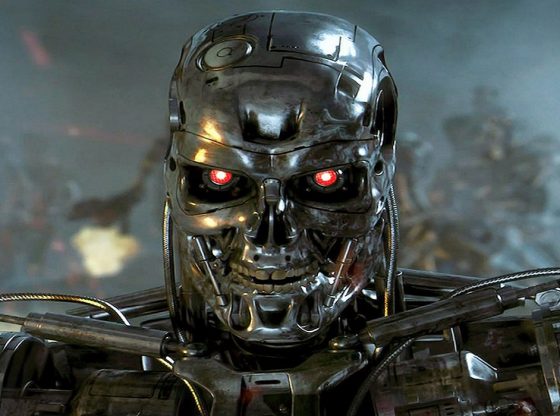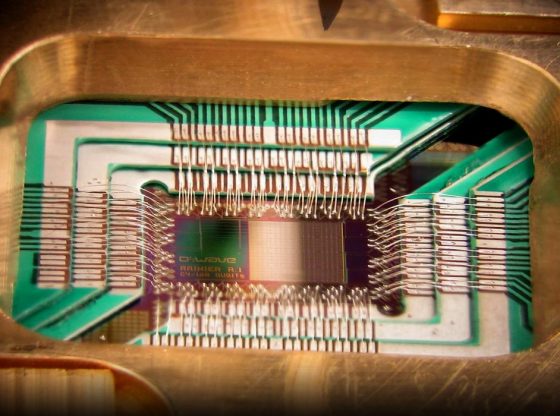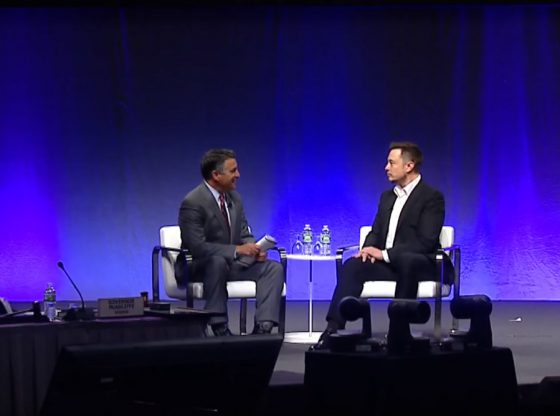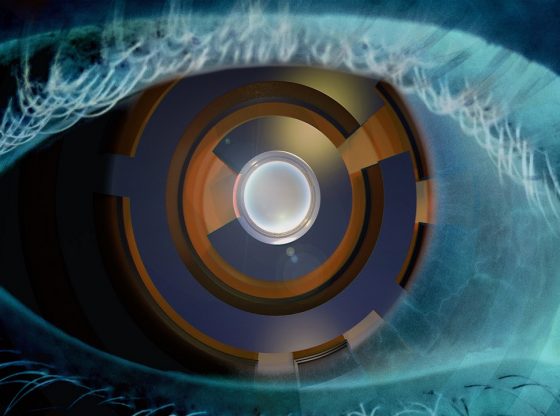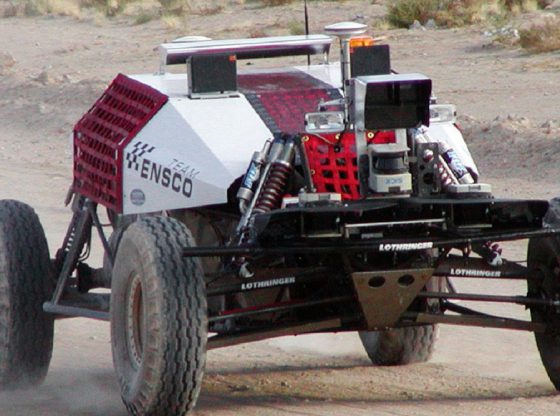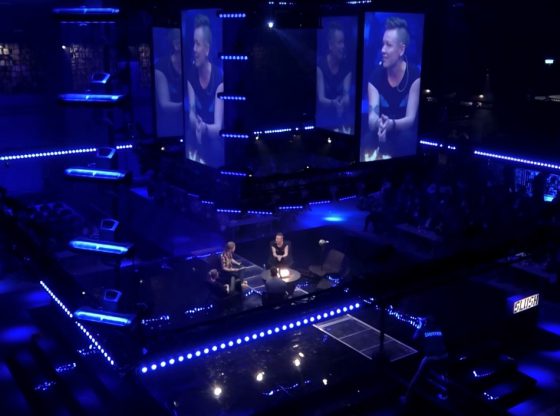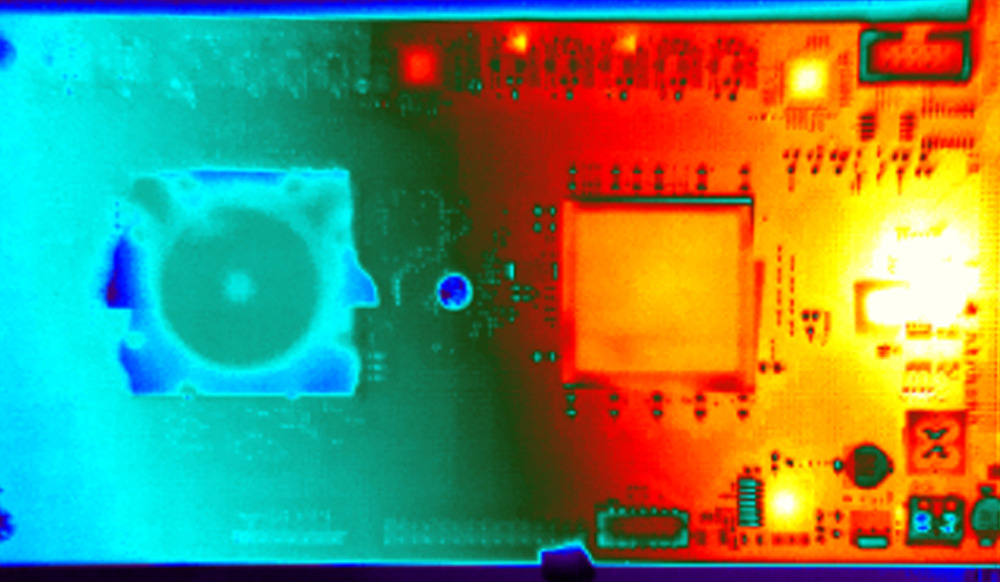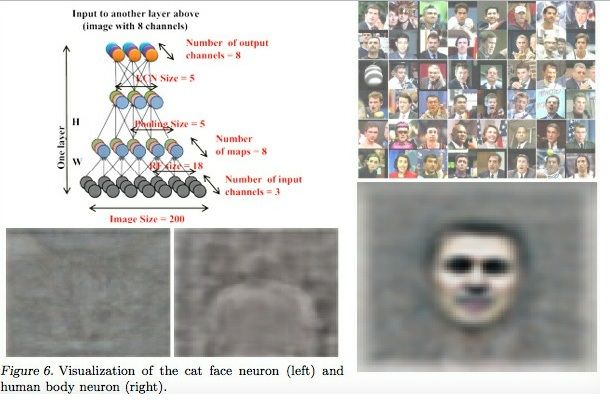The idea is for a nanoparticle to be injected into our brains. This would establish an electrical grid linked to some kind of artificial intelligence that enables us to upload and download thoughts.

Artificial intelligence is being developed all around the world with increasing pace. The capabilities of AI is fast progressing. Elon Musk believes that we humans must be upgraded to have a chance at competing with the increasingly advanced machines.
The Wall Street Journal report that super entrepreneur Elon Musk has entered the industry sector of brain implants by backing a brain-computer interface venture called Neuralink Corp. – with an aim of successfully improving the functions of our brains.
Musk believes that brain implants are the best options to enable us, humans, to keep pace with advancements in artificial intelligence, but is this really possible?
The company, Neuralink, is still in the earliest stages of existence, but will first focus on creating devices that can be implanted in the human brain, with the eventual purpose of facilitating us merging with software. These enhancements could improve memory or allow for more direct interfacing with computing devices. And enable our brains to keep pace with advancements in artificial intelligence.
The company was publicly launched by Musk last week, but he has hinted at its several times. Musk told a crowd in Dubai, “Over time I think we will probably see a closer merger of biological intelligence and digital intelligence.” He added that “it’s mostly about the bandwidth, the speed of the connection between your brain and the digital version of yourself, particularly output.” Musk has responded to inquiring fans on Twitter about his progress on a so-called “neural lace,” which a sci-fi concept for brain-computer interface.
Brain implants is very much a sci-fi concept but much progress is being made in human-brain-computer interaction during the last few years. And electrode arrays and other implants have been used to help ameliorate the effects of Parkinson’s, epilepsy, and other neurodegenerative diseases in the medicine realm.
There certainly are hurdles involved in developing these devices as often is the case with breakthrough technology. Neuroscience researchers point out that we still have a very limited understanding of how the neurons in the human brain communicate, and our methods for collecting data on those neurons is rudimentary.
But hurdles is nothing new to entrepreneur Elon Musk though, who will occupy the CEO role at Neuralink, which means he’ll be the CEO of three separate companies; including SpaceX and Tesla Inc. He is also co-founder and chairman of SolarCity; co-chairman of OpenAI; co-founder of Zip2; and founder of X.com, which merged with Confinity and took the name PayPal. He is also the founder of the ‘The Boring Company’, an infrastructure and tunneling company.

